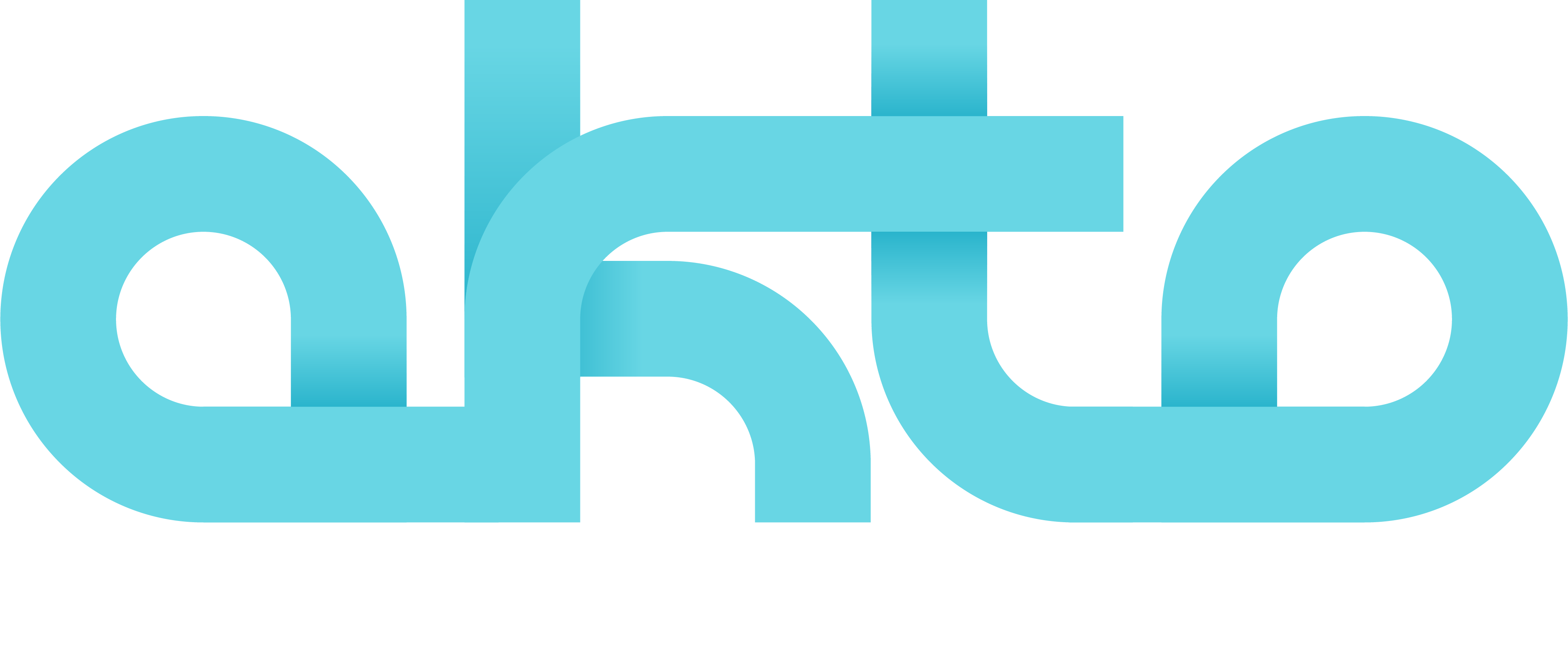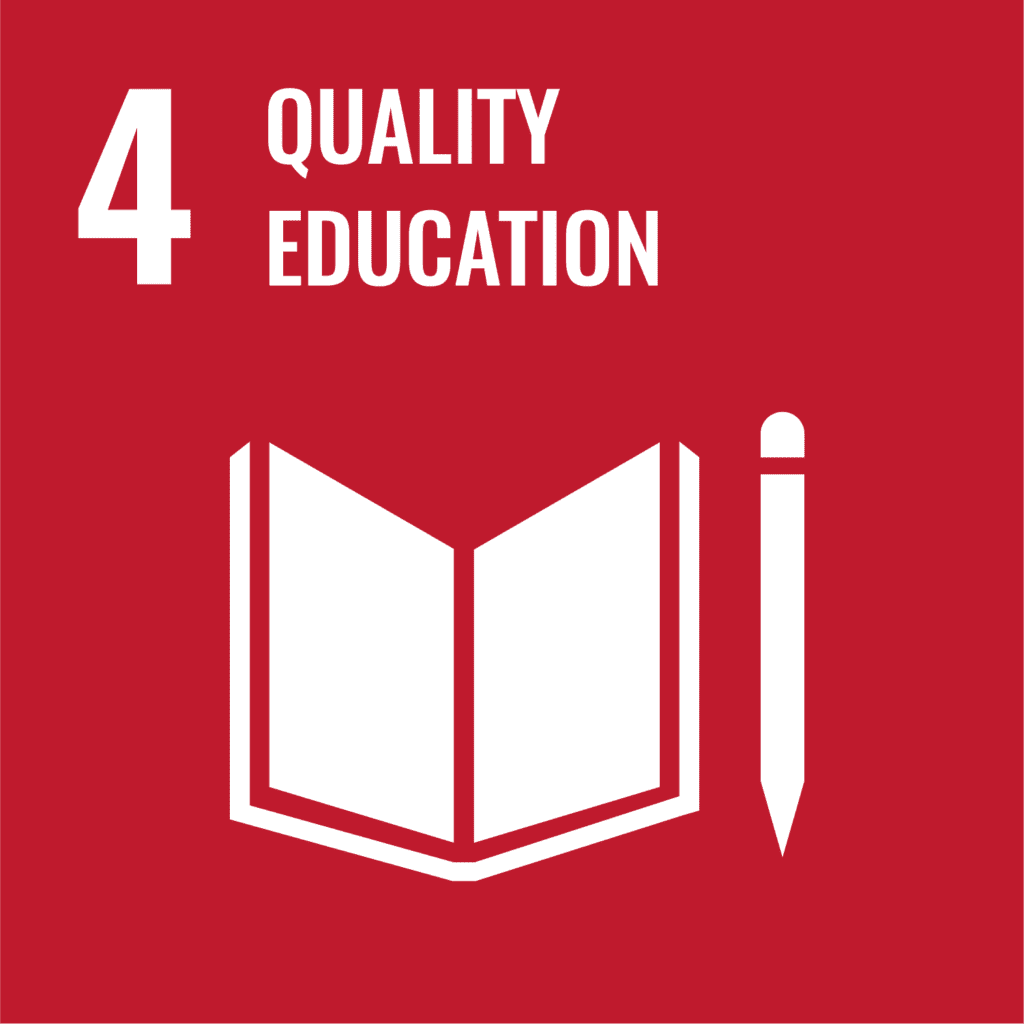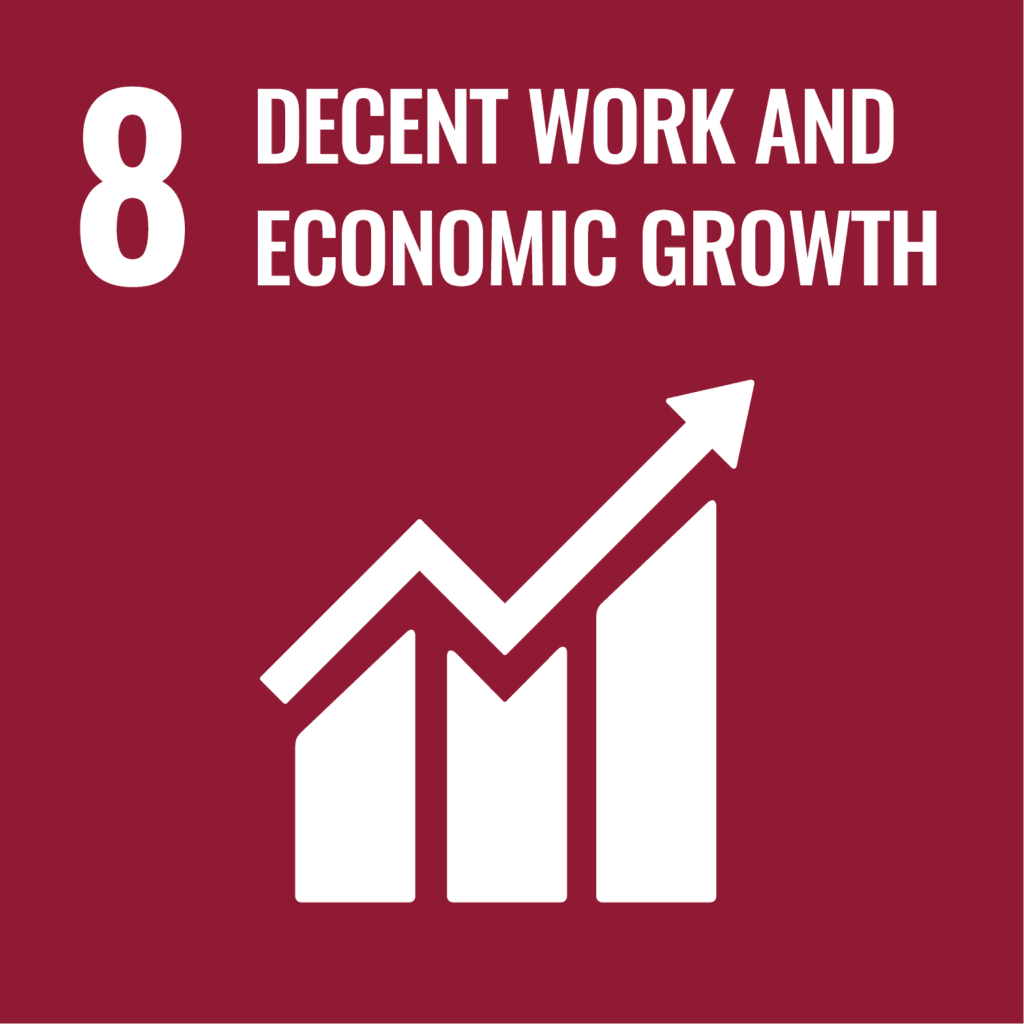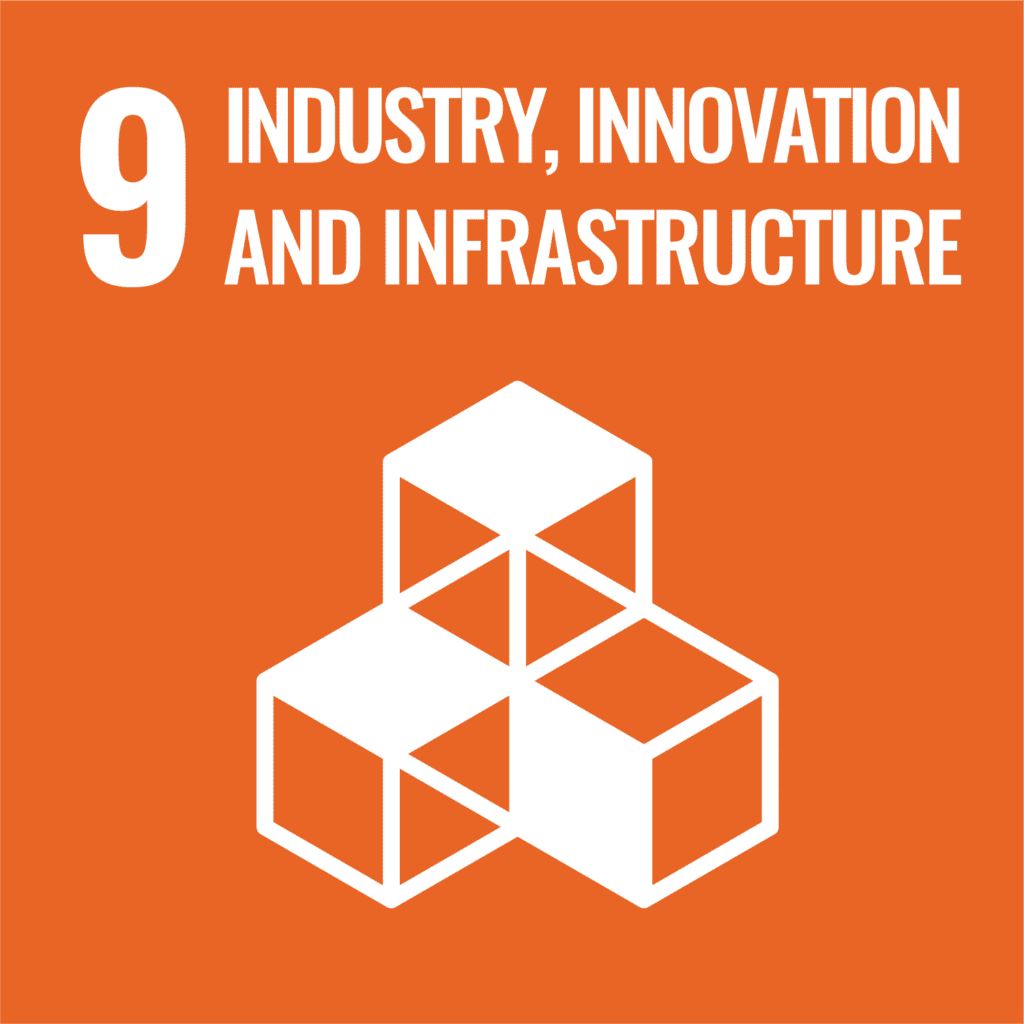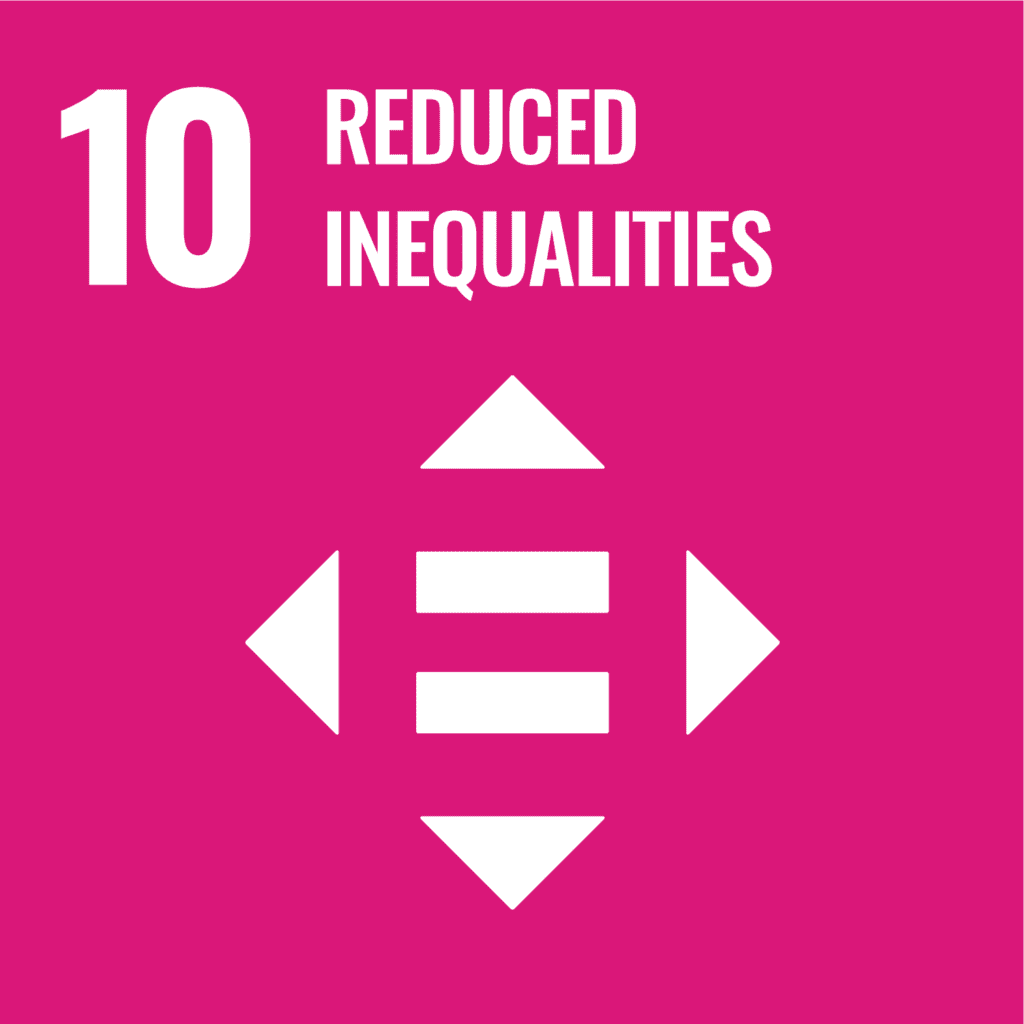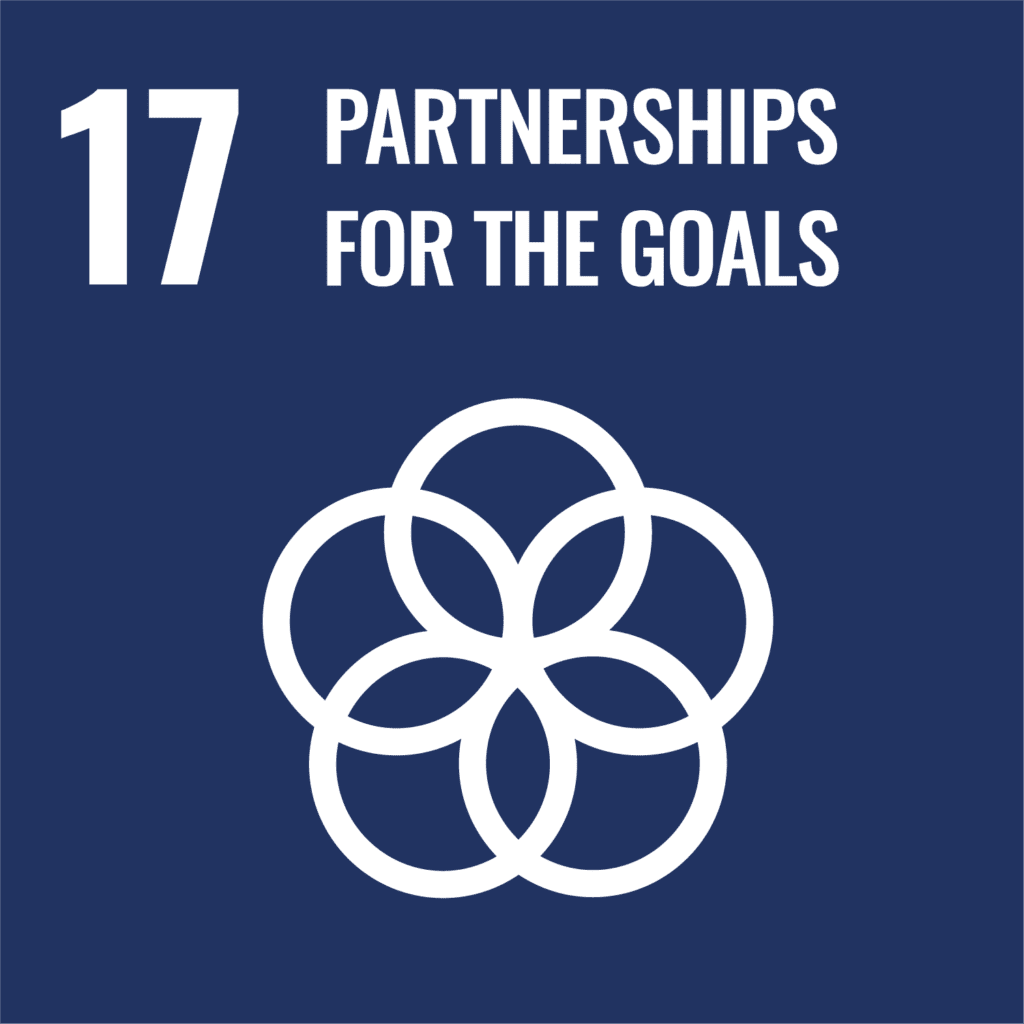The education sector is a symbol of democracy, development and equality. Current innovation in the area of content use is set to revolutionise this sector, without making it lose its fundamental role in society.
By making quality education accessible to all, AKTO wants to reduce inequalities in the use of specialised training courses, be a bridge between the education and sports industries, and create a positive social impact on the countries involved.



